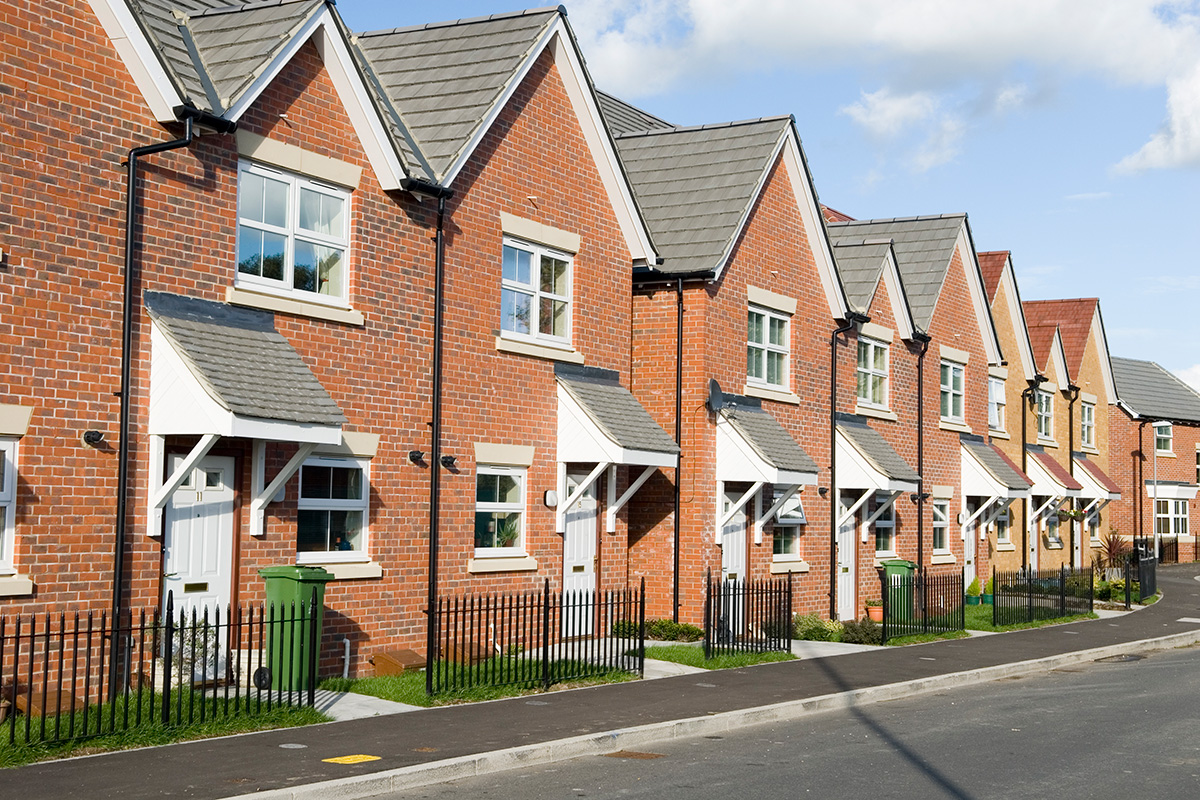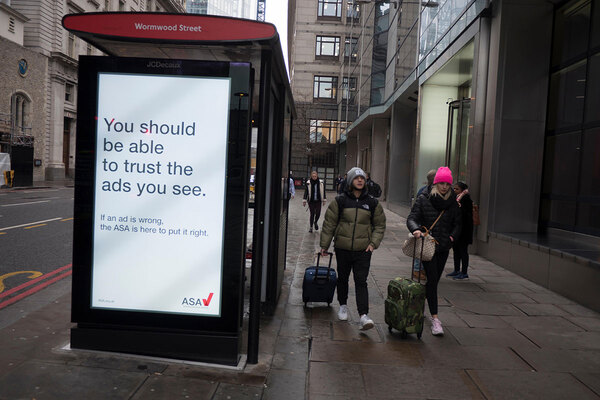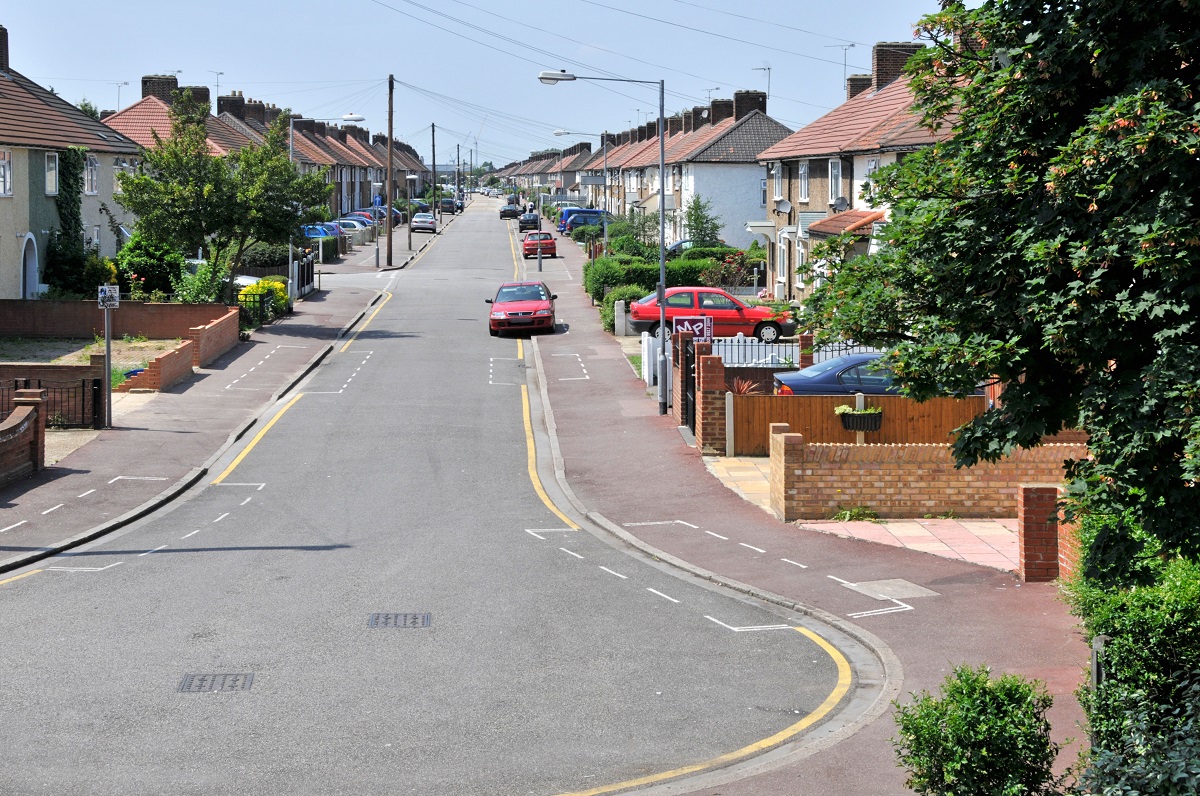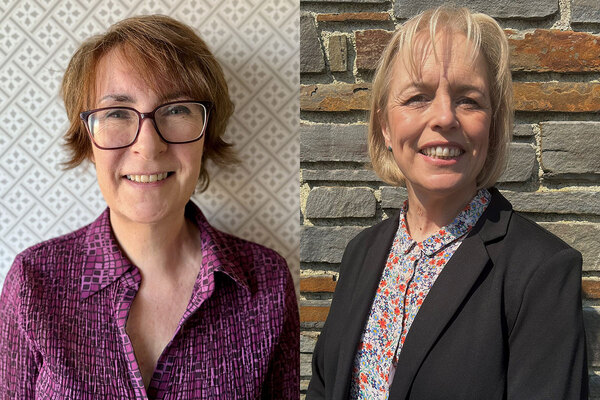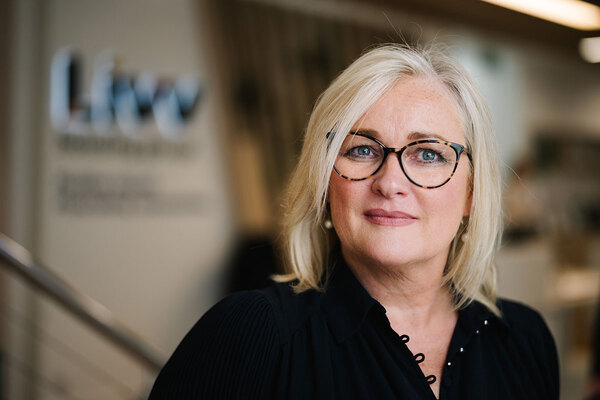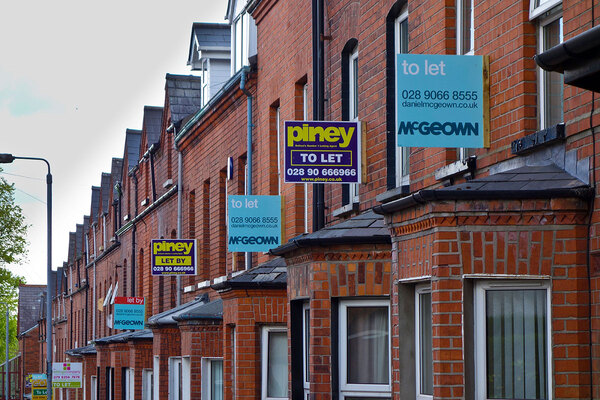Guidance for tenants on new Right to Shared Ownership published
Guidance for tenants on the new ‘Right to Shared Ownership’ scheme has been published by the government.
The scheme, which applies to almost all rented homes funded under the Affordable Homes Programme 2021-26, allows tenants to buy between 10% and 75% of the equity in their home.
The programme requires residents to have lived in social housing for three years and to have lived in their current property for a year. It is applicable in England only.
The guidance, available here, was published shortly before Christmas.
Housing minister Lucy Frazer said: “All hard-working families and young people deserve the chance to live in a home of their own.
“We are helping tenants to do just that by supporting them with small, manageable steps on to the housing ladder, through the Right to Shared Ownership.”
The guide warned tenants that by purchasing a stake “you may be responsible for all the costs of maintaining your home, including routine repairs, major structural repairs and improvements to it, as soon as you have completed the purchase of your equity stake”.
An ‘initial repair period’ means certain costs, including structural repairs and installations such as pipes, would remain the landlord’s responsibility for 10 years after the property was built.
Becoming a shared owner would involve a tenant taking out a mortgage while continuing to pay rent on the remaining equity, meaning living costs would invariably increase when compared with renting outright.
The tenant would then become a leaseholder and be liable to pay service charges on the property to the same rate as someone who owns 100% of the equity on their home.
They could also be hit with costs for extending the lease period, if it dropped below the length necessary to sell it. These fees can reach into five figures.
The new shared owners would be able to increase their share of the equity up to full ownership by purchasing further chunks, but only if they were able to afford a higher mortgage.
“If your circumstances change and you’re unable to keep up with your mortgage, rent or service charge payments, you could lose your home and possibly your investment in the equity stake you purchased,” the guidance said.
The guidance warned that failure to pay the rent or a breach of lease terms could see the landlord terminate the lease – meaning the resident would lose their entire equity share.
“Your landlord will not be obliged to give back any money left over after selling your home and paying off money that you owe,” the guidance stated.
The right does not apply in local authority-owned homes, specialist properties for older and disabled residents and homes built in remote rural areas.
Inside Housing revealed in August last year that in a similar scheme run by Barking and Dagenham Council in east London, no social housing tenants had signed up to become shared owners in six years despite almost 15,000 being eligible.
Sign up for our daily newsletter
Already have an account? Click here to manage your newsletters
